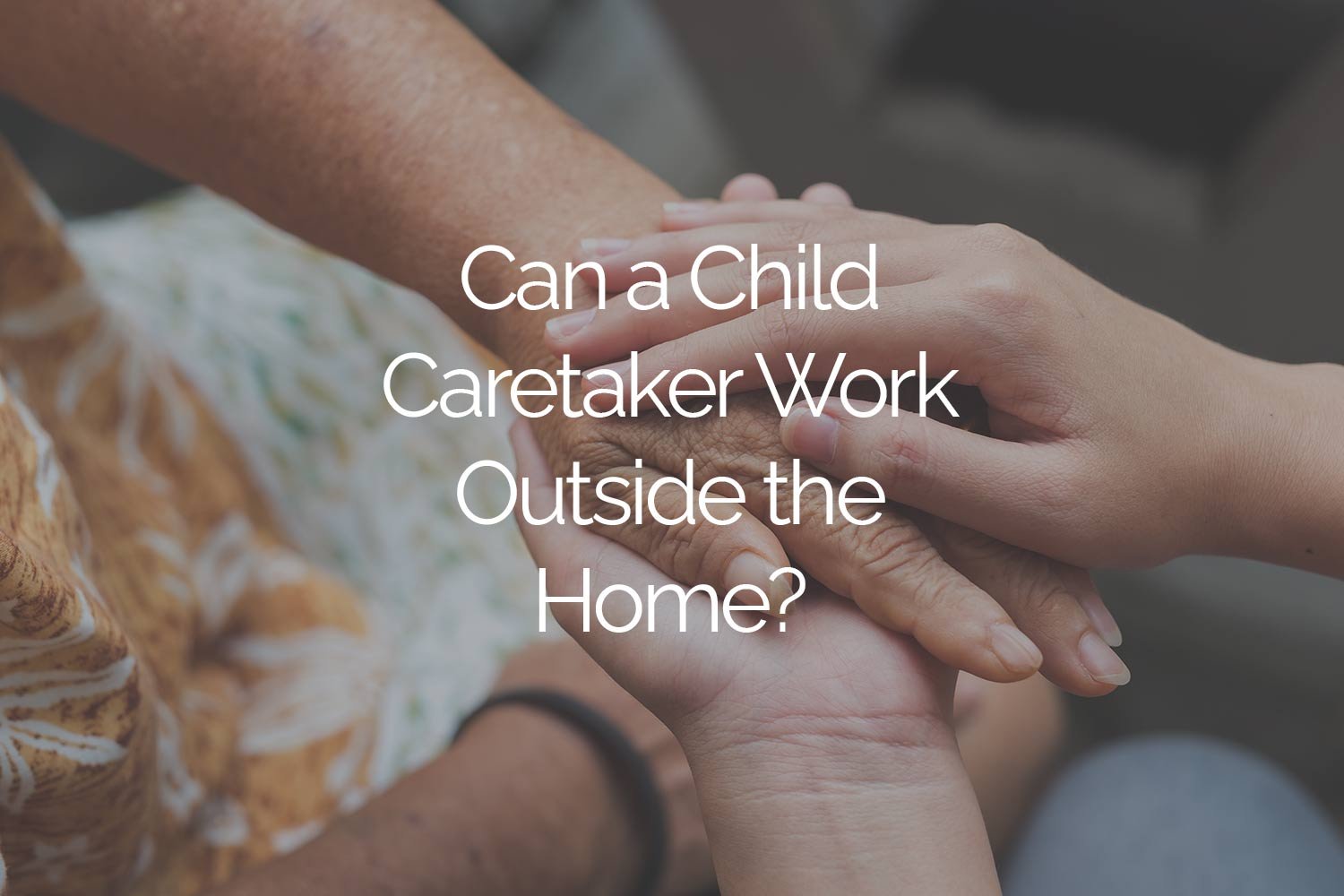
A power of appointment is a provision that gives a person, the powerholder, the opportunity to change the ultimate beneficiary of the property subject to the power. Retaining a power of appointment can provide flexibility for future planning and can also provide taxation benefits, such as including the property in the powerholder’s estate.
A general power of appointment, per 26 U.S. Code § 2041(b)(1), “means a power which is exercisable in favor of the decedent, his estate, his creditors, or the creditors of his estate.” A limited power of appointment limits to whom the property can be appointed. While a general power of appointment is not advisable when planning using a Medicaid Asset Protection Trust, a limited power of appointment is acceptable in many jurisdictions. But what if the limited power of appointment allows property to be appointed to a non-profit organization and the Medicaid recipient is receiving care at a non-profit facility?
This issue was recently litigated in Massachusetts.


.jpg?width=1024&height=618&name=Power-of-Attorney%20(1).jpg)
